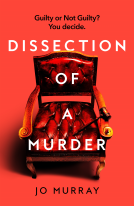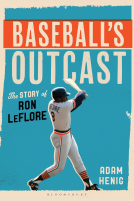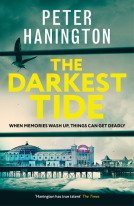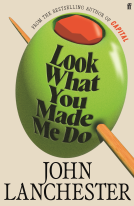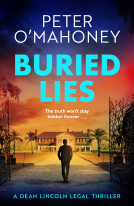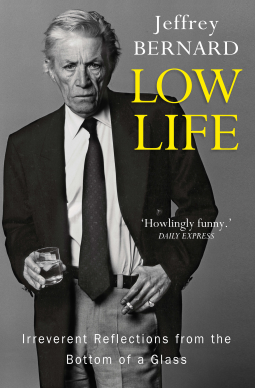
Low Life
Irreverent Reflections from the Bottom of a Glass
by Jeffrey Bernard
This title was previously available on NetGalley and is now archived.
Send NetGalley books directly to your Kindle or Kindle app
1
To read on a Kindle or Kindle app, please add kindle@netgalley.com as an approved email address to receive files in your Amazon account. Click here for step-by-step instructions.
2
Also find your Kindle email address within your Amazon account, and enter it here.
Pub Date 28 Nov 2019 | Archive Date 16 Dec 2019
Duckworth Books | Duckworth
Talking about this book? Use #LowLife #NetGalley. More hashtag tips!
Description
Described as the Tony Hancock of journalism, Jeffrey Bernard wrote only about himself and the failures of his life – with women, drink, doctors, horses – which have become legendary.
Antiauthoritarian, grumpy, charming, politically incorrect, funny, drunk and always mischievous, Bernard could usually be found at the Coach and Horses pub on London’s Greek street, a lit cigarette in his mouth and a drink in hand. He was joined by famous friends including Francis Bacon, Lucian Freud, Graham Green, Peter O’Toole, Ian Fleming and many others and their conversations – as well as with whomever was tending bar at the time – served as the basis for his writing.
Low Life is an irresistible collection of the best of Bernard's celebrated autobiographical contributions to The Spectator, once described as 'a suicide note in weekly instalments'. Previously published in two volumes entitled Low Life: A Kind of Autobiography and Reach for the Ground, these books are now available in a single volume containing all his derisive reflections on life.
Available Editions
| EDITION | Paperback |
| ISBN | 9780715653593 |
| PRICE | $9.99 (USD) |
Links
Average rating from 10 members
Featured Reviews
 Greville W, Reviewer
Greville W, Reviewer
Wow, this brought back some memories. I used to read Jeffrey Bernard’s Low Life column regularly in The Spectator magazine throughout the 80s and I’d forgotten how well written and anarchic they were.
Of course his uttering are dated and in many cases totally politically incorrect when read now but they hark back to a time when Soho and Covent Garden was full of so-called characters and was louche and vibrant rather than the homogeneous area that it is now.
Those days are gone now but it’s good to be reminded about them now and again.
A nostalgic and at times hilarious read.
 Abby S, Reviewer
Abby S, Reviewer
This was a really entertaining read for me.His columns draw from anything and everything politics his personal life his alcoholism.He can be cranky funny angry moody but always well written,Highly recommend.#netgalley#duckwirthpress.
 Cristie U, Book Trade Professional
Cristie U, Book Trade Professional
This was a great read, as I had never heard of Jeffrey Bernard before finding this book. I can see why his column was so popular, as his writing makes him someone that the reader can relate to, whether or not they share the same struggles as him with alcohol. The honesty of his writing in these snippets from his column shows just how much he was struggling despite the success he achieved. I highly recommend this!
 David S, Reviewer
David S, Reviewer
Twenty years ago my best friend died from Korsakoff’s syndrome, a little-known form of dementia linked to alcohol, not a death that most people associate with drinking.
Given that I should have really disliked this series of essays, in which drinking forms a contiguous thread throughout.
Painfully honest chronicling Jeffrey Bernard's failing health; humorous with characters from a bygone day, which is its only fault in that many people featured have slipped from modern memories; and elegantly written.
"I don't know of much work more tedious than reviewing a book that one doesn't want to read in the first place, but it is useful work and cannot be turned down."
So he writes in this witty compilation, for this reviewer it was hardly a tedious chore.

